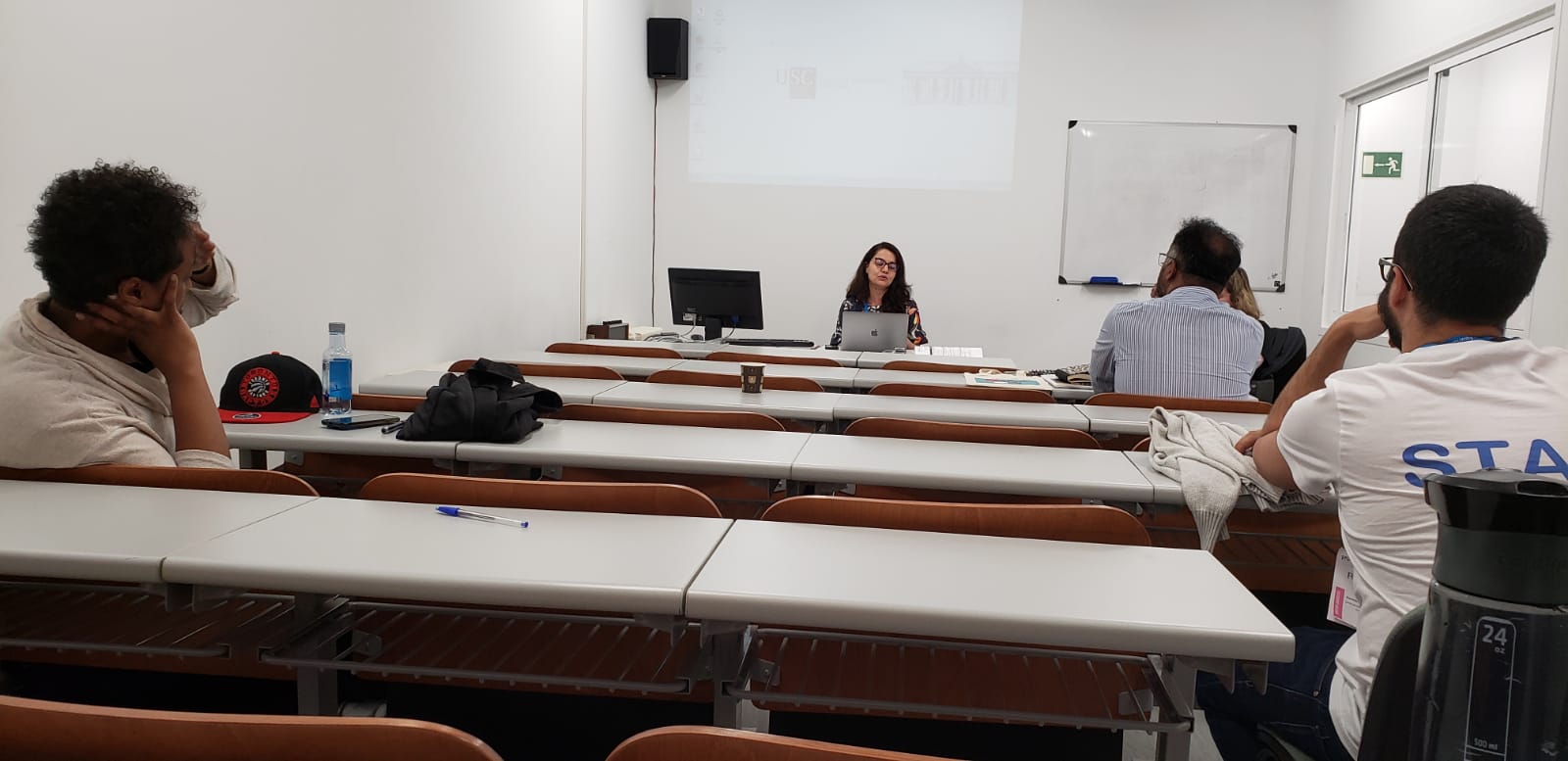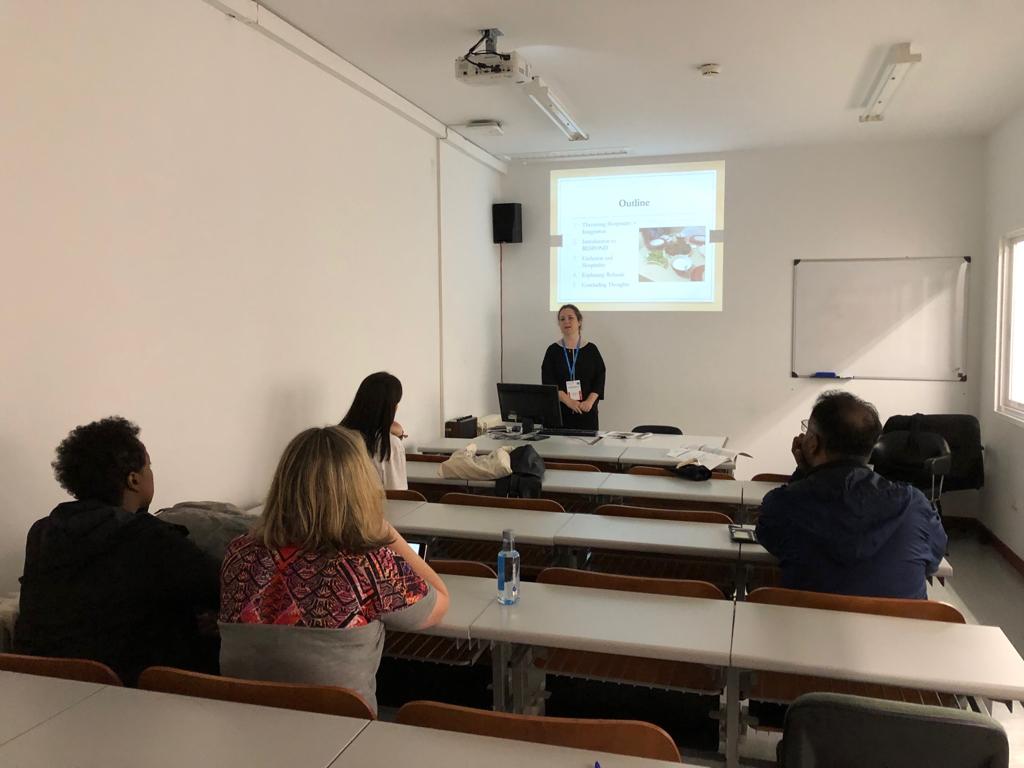Event Report of the RSA Research Network on Politics of Displacement, Identity and Urban Citizenship in Migratory Contexts

By Hulya Arik (University of Gothenburg, Sweden)
The Regional Studies Research Network, Politics of Displacement, Identity and Urban Citizenship in Migratory Contexts (2017-2020), organized two special sessions at the RSA Annual conference “Pushing Regions Beyond its Borders” in Santiago de Compostela between 5-7 June, 2019. The special sessions addressed issues related to transnational methodologies, global citizenship, migration and regional identities.
In the first session, Hulya Arik and Jaby Mathew entered into a debate on transnational approaches to politics that put into question preconceived notions of national and regional borders.
Arik brought in perspectives from a collective transnational ethnography of feminist and queer activism and art practices across Russia, Scandinavia and Turkey. With this research, Arik questioned the methodological nationalism and regionalisms that maintain mainstream geopolitical narratives and power relations. Mathew’s presentation contributed to this discussion through an analysis of the predominant trends in comparative political theory and global studies, which rely on pre-existing national/regional narratives that are built on epistemic legacies of colonialism and global capitalism. Together, these presentations critiqued the epistemic frameworks that dominate both research practices and academia, and sought ways of creating alternate ways of attending to transnational power relations and solidarity.

The second session focused on migration, hospitality and the politics of exclusion in two separate geographical contexts: Syrian refugees in Turkey; and Spain’s relationship with the Western Sahara.
This session began with Vivian Solana’s description of her ongoing ethnographic fieldwork with the Sahrawi diaspora in Spain. Solana reflected on the concept of a trans-political space that has emerged through the solidarity networks led by Spanish advocates for Sahrawi national sovereignty against the backdrop of Spain’s own multi-national history. Following from this, Susan Rottmann presented on ongoing research with Syrian refugees to explore their experiences of forced migration, displacement, and xenophobia in Turkey. Rottmann’s research put forward complex questions on the politics of hospitality and how an inter-sectional construction of Syrian identities shape their experiences of hospitality and discrimination differently. These two special sessions expanded the Research Network’s aim of highlighting alternatives to top-down and nation-state focused perspectives of displacement, prioritizing transnational and regional approaches, as well as historical particularities of migration contexts.
